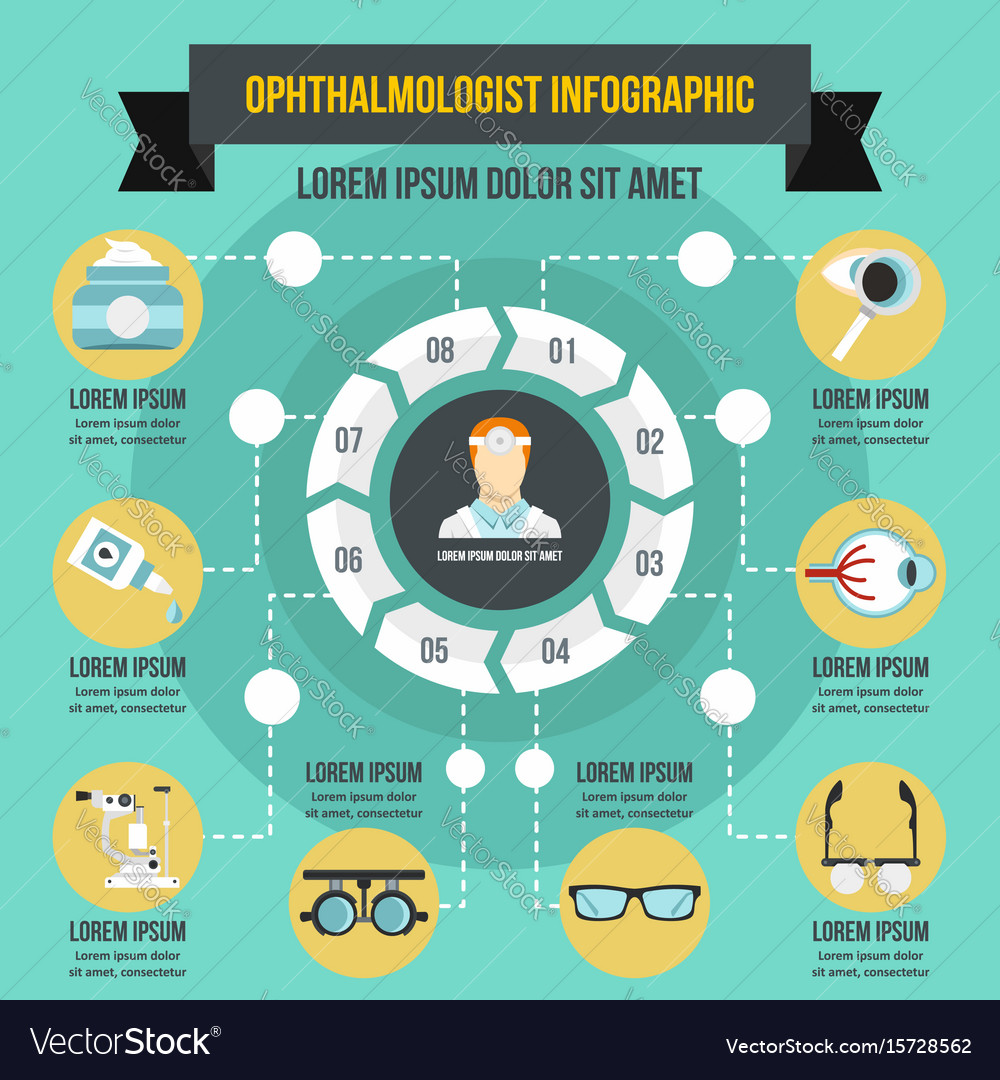The Future Of Correcting Vision: Refractive Lens Exchange

Short Article Created By-Austin Chu
Envision a future where you no more need to rely upon glasses or call lenses to see clearly. A future where vision modification is as basic as a fast, pain-free procedure.
Well, that future is closer than you may believe. Presenting refractive lens exchange, a revolutionary approach to fixing your vision that could change the means you see the globe.
But what exactly is refractive lens exchange, and why is it took into consideration the future of vision correction? In this conversation, we will certainly check out the benefits, the treatment, and the prospective risks of refractive lens exchange, offering you a glimpse into what exists ahead for those looking for more clear vision.
The Benefits of Refractive Lens Exchange
Refractive Lens Exchange uses many benefits for people seeking vision adjustment. By replacing your natural lens with a man-made intraocular lens, this procedure can remedy a large range of vision issues. Among the major benefits of refractive lens exchange is the enhancement in visual acuity. Whether you're nearsighted, farsighted, or have astigmatism, this procedure can substantially boost your capacity to see clearly without relying upon glasses or call lenses.
Additionally, refractive lens exchange can additionally prevent the progression of particular eye problems, such as cataracts. This implies that not only will you accomplish better vision, yet you'll also have a reduced danger of developing cataracts in the future.
With mouse click the following web page , you can appreciate improved vision and a higher quality of life.
The Procedure for Refractive Lens Exchange
When undertaking refractive lens exchange, the cosmetic surgeon will certainly start by making a little laceration in your cornea. This permits them to access the lens of your eye and remove it.
Below are 5 crucial actions involved in the procedure:
- The specialist will thoroughly break up the lens making use of ultrasound waves or lasers.
- After removing the lens, they'll place a brand-new artificial lens, called an intraocular lens (IOL), into your eye.
- The IOL is created to remedy your particular vision troubles, such as nearsightedness, farsightedness, or astigmatism.
- Once the new lens is in area, the surgeon will shut the incision with tiny stitches or self-sealing strategies.
- The entire procedure typically takes less than thirty minutes and is generally performed on an outpatient basis.
Following these actions, refractive lens exchange can provide you with enhanced vision and lower your dependancy on glasses or get in touch with lenses.
Possible Risks of Refractive Lens Exchange
Before undertaking refractive lens exchange, it is essential to understand the prospective threats related to the treatment. While refractive lens exchange is usually thought about risk-free, like any type of surgical procedure, there are risks included.
One potential danger is infection, which can happen if bacteria enters the eye throughout or after the surgical procedure. An additional risk is the advancement of enhanced intraocular pressure, which can bring about glaucoma. Furthermore, there's a small chance of experiencing corneal edema, which is the swelling of the cornea.
St Louis MO Lasik Surgery include retinal detachment, macular edema, and loss of vision. It's important to talk about these dangers with your specialist and weigh them versus the possible benefits prior to choosing.
Verdict
So there you have it, folks! Refractive lens exchange is genuinely the future of vision improvement. With its countless benefits and developments in innovation, this treatment provides a life-changing solution for those struggling with their vision.
Yet remember, every increased has its thorns. While refractive lens exchange might bring clearness, it is essential to be aware of the prospective dangers included. So, before taking the jump, weigh the benefits and drawbacks, and seek advice from your ophthalmologist.
Nevertheless, better safe than sorry!

